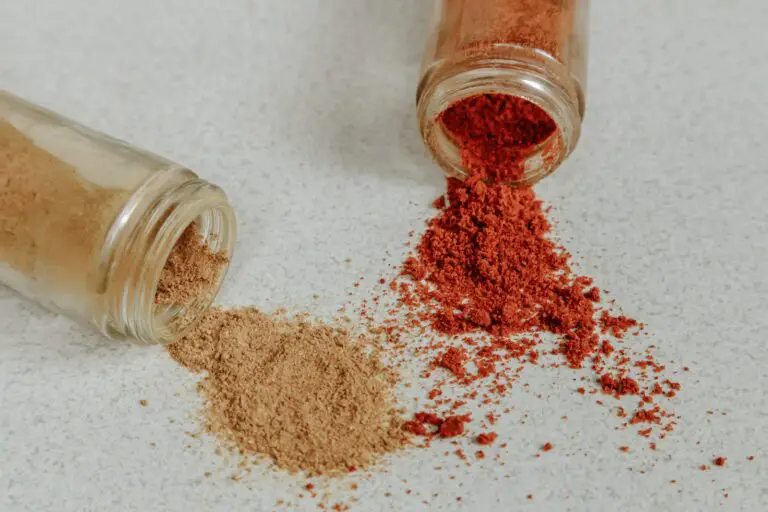Turmeric, a spice widely known and used in Indian cuisine, has recently gained attention for its potential in providing joint pain relief. For centuries, people have been using turmeric as a natural treatment for various health conditions, including joint pain. This article will discuss turmeric and joint health, highlighting the various benefits it can offer to individuals suffering from knee osteoarthritis, rheumatoid arthritis, and other inflammatory joint conditions.
Turmeric and Joint Health

Turmeric (Curcuma longa) is a yellow-colored spice that is a member of the ginger family. It has been used for thousands of years in traditional medicine for its wound healing, antioxidant, and anti-inflammatory properties. Curcumin, the primary polyphenolic compound in turmeric, is responsible for most of its beneficial properties, including reduced pain and inflammation in joints.
The Anti-Inflammatory Properties of Curcumin
Turmeric’s primary compound, curcumin, has been widely studied for its powerful anti-inflammatory effects. It works by inhibiting certain enzymes and proteins responsible for producing inflammation in the body.
By taking turmeric or curcumin supplements, individuals suffering from joint pain can benefit from the potent anti-inflammatory properties of this spice. Research suggests that these anti-inflammatory properties can help manage arthritis pain and reduce arthritis symptoms.
The Role of Turmeric and Curcumin Supplements in Osteoarthritis and Rheumatoid Arthritis
Many randomized clinical trials have been conducted to evaluate the efficacy of turmeric and curcumin supplements for knee osteoarthritis, rheumatoid arthritis, and other types of arthritis. In these clinical trials, patients were given daily doses of turmeric extracts or curcumin supplements alongside a placebo group. Results from these studies show that turmeric can provide pain relief and reduce inflammation in individuals with knee arthritis or other arthritis symptoms.
A meta-analysis of randomized clinical trials published in the Journal of Internal Medicine found turmeric and its derivatives to be significantly more effective in reducing pain and improving function in patients with osteoarthritis than placebo.
In another study, individuals with knee osteoarthritis who took curcumin supplements experienced reduced knee pain and improved knee function compared to those who took a nonsteroidal anti-inflammatory drug (NSAID) such as ibuprofen. This implies that turmeric and curcumin may be able to provide relief for patients with arthritis without the need for traditional pain relievers like NSAIDs.
Why Adding Turmeric to Your Daily Diet Can Improve Joint Health?

Incorporating turmeric into your healthy diet can offer various health benefits, especially for individuals with joint pain or arthritis symptoms. While it is commonly used as a spice in curry powders, turmeric can also be taken as a supplement for those who wish to benefit from its biological activity. Although higher doses are typically found in turmeric supplements, adding this spice to your meal can enhance the anti-inflammatory and antioxidant effects of the nutrients you are consuming.
In addition to turmeric’s anti-inflammatory effects, its antioxidant properties play a critical role in reducing arthritis symptoms. Antioxidants in turmeric protect the body from damage by free radicals, which can cause inflammation and contribute to the development of chronic diseases such as arthritis.
Turmeric and Joint Health: The Importance of Absorption and Black Pepper
While turmeric and curcumin have been proven effective in treating joint pain and inflammation, the bioavailability of curcumin is relatively low. This means that when you consume turmeric, only a small amount of curcumin gets absorbed into your body.
To improve curcumin absorption, it is important to combine turmeric with black pepper. Black pepper contains a compound called piperine, which significantly increases the absorption of curcumin and maximizes its potential health benefits.
The Bottom Line on Turmeric and Joint Health
Although more research is needed to fully understand the extent to which turmeric can affect joint health, existing studies provide strong evidence that turmeric and its active compound, curcumin, can offer pain relief and reduce inflammation in individuals with arthritis and osteoarthritis. As a natural alternative to NSAIDs and other pain relievers, turmeric and curcumin supplements could prove beneficial for patients suffering from joint pain.
Before adding turmeric to your daily diet or starting a supplement regimen, it is crucial to consult with a healthcare professional to discuss your specific needs and ensure that turmeric is suitable for your health conditions. With proper guidance and dosage, turmeric may prove to be an effective tool for improving joint health and overall well-being.

